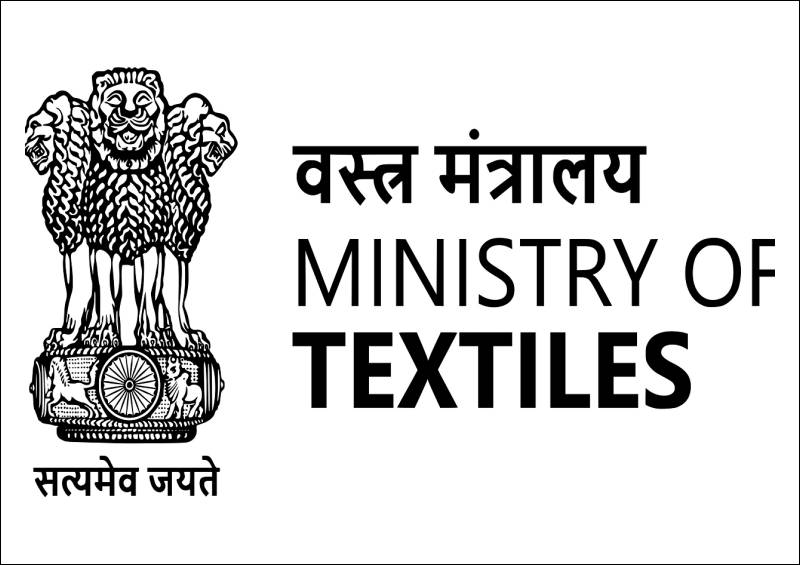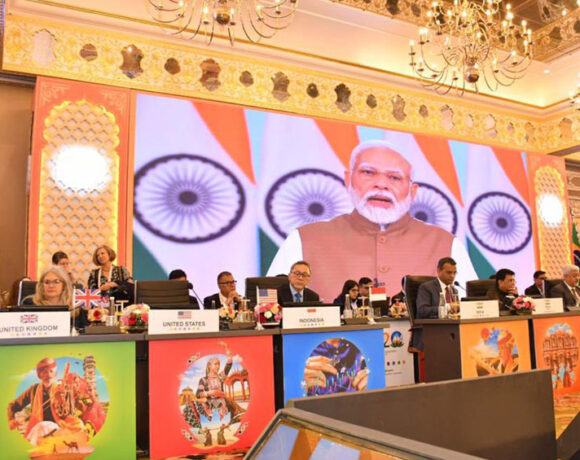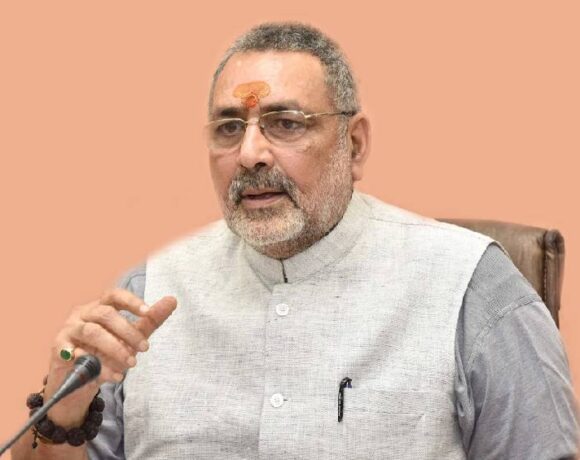Textile Ministry May See Marginal Rise In Budget Allocation

The Indian Textile Ministry is likely to see a marginal increase of 2.5 percent in its budget allocation for fiscal 2024-25 over the Rs 4,389 crore allocated in the current fiscal.
“This increase, though modest, aligns with the government’s commitment to establish India as a key global player in the textile industry.
However, the limited hike could present challenges for the ministry in utilizing its funds efficiently.
In fiscal 2021-22, the Ministry received a budgetary allocation of Rs 11,059.81 crore, which was further increased by over 10 percent to Rs 12,382 crore in 2022-23.
However, the ministry faced a 71 percent cut in its revised budget estimate, reducing the outlay to Rs 3,579 crore in 2022-23.
“The marginal rise in the allocation is not likely to hinder the progress of the Pradhan Mantri Mega Integrated Textile Region and Apparel (PM Mitra) programme, which has an outlay of Rs 4,445 crore over five years, ending in 2027,” Live Mint quoted a source as saying.
With plans to create seven PM MITRA parks and attract Rs 70,000 crore in investment over the next five years, the government aims to position India as a prime destination for textile sourcing and FDI investment.
Textiles and apparel contribute significantly to India’s economy, accounting for about 2.3 percent of India’s GDP, 13 percent of industrial production, and 12 percent of export revenue, while India holds a 4 percent market share in global textiles and apparel trade.
Efforts to support the textile industry include the addition of 43 new partners under the SAMARTH scheme for skill development, approval of research and development projects.
“India has an excellent opportunity in the textile sector for taking advantage of the current environment where global companies are looking to reduce their dependence on the Chinese supply chain,” said Anand Ramanathan, Partner, Consumer Industry Leader, Deloitte India.
“Stabilising availability and pricing of quality cotton input, attracting manufacturing investments, accelerating skilling of the workforce, providing access to credit for MSMEs and promoting exports are the key strategic priorities that the budget must address,” Ramanathan added.














